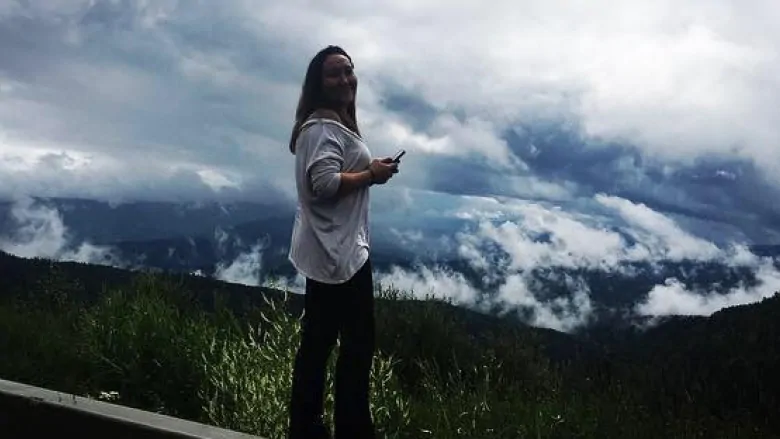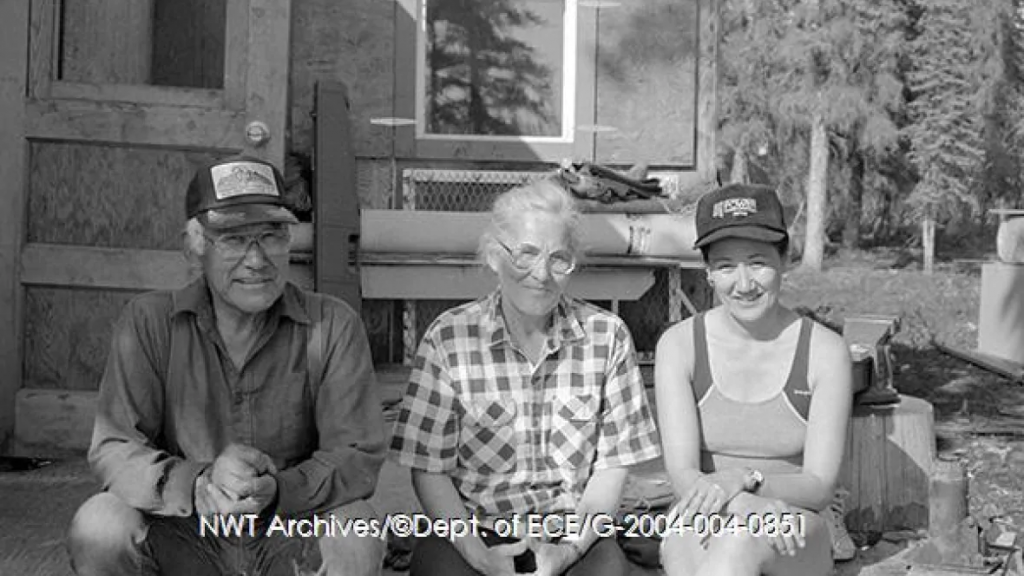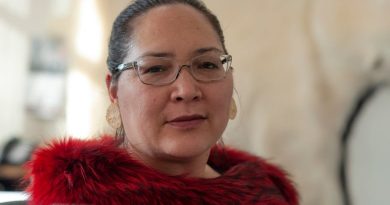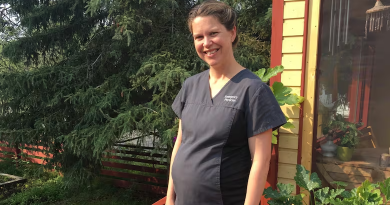Canadian Arctic territory sees 29 name changes after waiving fees to reclaim Indigenous names

Ashley Lennie was a teenager when she found out the name on her birth certificate, Inglangasuk, was a different surname than the one she has used her entire life.
“I always thought I was a Lennie until I got my first paycheque,” said Lennie.
“It was kind of a shock to me and I couldn’t handle it, so as soon as I was old enough and able, I changed my name back to what I was used to and what I was comfortable with, with no disrespect to my cultural name.”
Lennie completed the change in 2015. It cost her between $400 and $500 and took a year to replace all of her documents.
The N.W.T. began waiving fees for Indigenous people who want to reclaim their names since October 2018. In total, 29 people have used this option since then.
Changing your name is a matter of personal choice, said Lennie, adding that it’s important for the service to be free because of historical confusion.
The descendants of Lennie’s great-grandfather have surnames that go two ways — some took his first name while others assumed his last.

“The reason we’re all Lennies is because our great-grandfather was Lennie Inglangasuk,” she said.
When her great-grandfather registered his family with the Canadian government, he didn’t have much of a choice, said Lennie.
“The government said here’s your dog tag numbers, here’s your tags and by the way your new last name is the first name of yourself,” she said.
Offering the name changes at no cost is a way for the government to give back what it took away, said Lennie.
Fees waived until 2023
In October 2018, in response to the Truth and Reconciliation Commission Calls to Action, the territory waived fees for certain name changes so survivors could reclaim names affected by the residential school system, and correct historical errors recorded on N.W.T. birth certificates. People can apply until October 2023.
The criteria for the N.W.T. waiver doesn’t apply to people born outside of the territory.
Ontario and Nova Scotia also waive name-change fees for Indigenous name reclamation. Ontario introduced its policy in January 2017, and 17 people have taken advantage of it to date, said Harry Malhi, a spokesperson with Ontario’s health department.
Nine residential school survivors and family of survivors applied to reclaim their names. Eight Indigenous people applied to change their name to a traditional one, said Malhi.
In Lennie’s case, she said she felt it was important to honour her connection to her grandmother, Margaret Lennie, and her late-grandfather Sam Lennie.
“Even though Inglangasuk is his name, he was known as Sam Lennie. Margaret, his wife, is just as respected as he is so I wanted to identify as closely to them as I can.”
Upholding a family name is something that her grandparents value, she said.
“We were always taught to hold yourself with pride.”
Have you reclaimed or considered reclaiming an Indigenous name? Contact Avery at avery.zingel@cbc.ca.
Related stories from around the North:
Canada: Canadian PM stresses relationship with Indigenous peoples in mandate letters to new government ministers, Eye on the Arctic
Finland: Sámi reconciliation process gains final approval in Finland, Yle News
Norway: Political support for Norwegian Truth and Reconciliation Commission, The Independent Barents Observer
Russia: Russia removes critical voices ahead of Arctic Council chairmanship, claims Indigenous peoples expert, The Independent Barents Observer
Sweden: Twenty-five Indigenous Sami remains returned by museum are reburied in northern Sweden, Radio Sweden
United States: US Senate passes bill with funds for missing and murdered Indigenous women, Alaska Public Media



